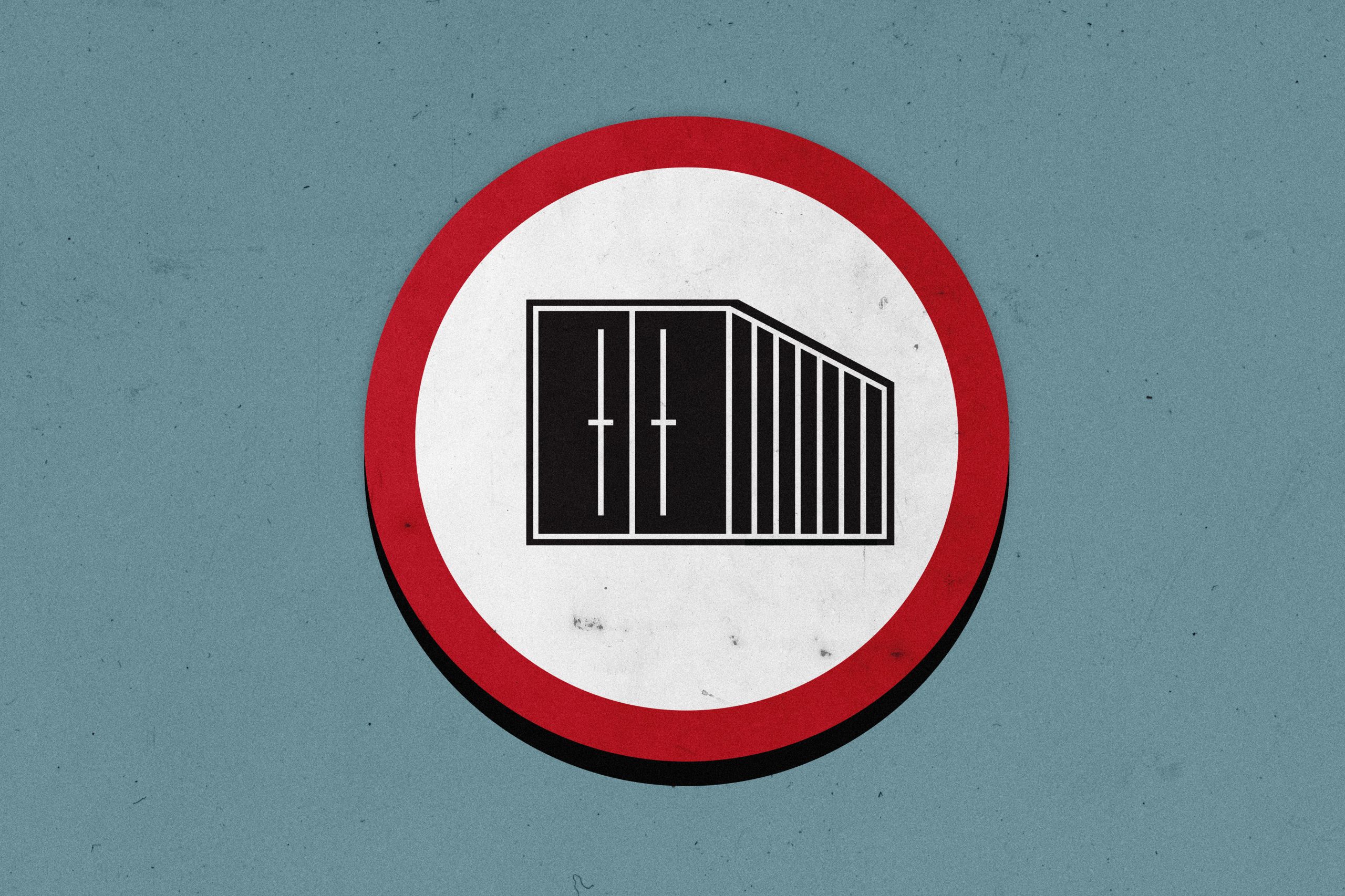
Child-friendly Hungary: boy detained for 82 days, with fewer rights than a prisoner
Translation is available for this content
Váltás magyarraThe Hungarian state violated a 15-year-old Afghan asylum-seeker boy’s human rights when it unlawfully detained him in a prison-like transit zone in Röszke, the European Court of Human Rights (ECtHR) has ruled. The Hungarian Helsinki Committee’s client will receive €3,000 in just satisfaction.
The Council of Europe’s Committee for the Prevention of Torture (CPT) was one of the few organisations that the Hungarian state allowed into the transit zones. It was visiting the Röszke transit zone in October 2017, when 15-year-old K.K.S. had already been detained there for a few days.
The CPT assessed the detention conditions as disastrous. In their report, they highlighted how appallingly the authorities treated unaccompanied minors. The Committee emphasised that such vulnerable children without adult supervision and assistance need special treatment and should absolutely not be detained as they were in Röszke, but transferred to a semi-open or fully open institution as soon as possible. However, K.K.S. and other children suffered particularly harsh treatment.
The boy was barely 14 when his family, fearful of the Taliban, set him on his way. He had no adult companion and was passed from hand to hand by traffickers. With great difficulty, he struggled to reach the Serbian-Hungarian border. Until then, he was beaten five times by police officers. He had little confidence in the authorities and was downright afraid of them. Still, he waited his turn patiently so that after months, he could enter Hungarian territory, the transit zone in Röszke, and finally apply for protection.
However, he was not greeted by a supportive environment and the attention his situation deserved there, and the frightened, lonely child had to live surrounded by cameras and police without adult help. His only meaningful occupation was attending Hungarian lessons from 9 to 11 on weekdays. He was freezing because he had no winter clothes, and the heating in the container – which housed five of them – was not working properly.
He spent 82 days like this, without even knowing when he would get out. According to the ECtHR, even adults’ detention in transit zones may not go beyond one month, except for strongly justified cases. In the case of children, the Strasbourg standard is naturally stricter, and regarding unaccompanied children, jurisprudence accepts detention in even fewer cases.
On 27 December 2017, the Afghan boy received international protection. He was transferred to the children’s home in Fót only after 12 days, although he should have been there from the beginning. Even with released prisoners, the authorities cannot add one or two days to the detention. Yet they kept this boy detained for a further 12 days.
During the Strasbourg proceedings, the Hungarian government defended itself claiming “the asylum authority put the applicant’s best interests at the forefront of its decision-making concerning his placement and asylum application”. However, the judgment doesn’t see how exactly either: “Be that as it may, the Government did not explain how his placement in a facility which, in many aspects, resembles a prison environment had been in the applicant’s best interest.”
Consequently, the European Court of Human Rights ruled that the Hungarian state had violated the human rights of the Afghan asylum-seeker boy. The state’s procedure disregarded not only that the applicant was a child, but also the prohibition of torture, inhuman or degrading treatment or punishment and K.K.S.’s right to liberty and security.
“This is the 106th case that the Hungarian Helsinki Committee has won in Strasbourg and the nineteenth case in which the European Court of Human Rights has condemned the blatantly unlawful practice of detention in transit zones. Although the transit zones were dismantled in May 2020, the Strasbourg judges are still hearing several cases of people unlawfully detained in Röszke and Tompa. The two most important lessons for the government are that detention has to be lawful and that it is not enough to claim to be family-friendly; the best interest of the child is paramount”, said Tamás Fazekas, who represented the Afghan boy in the Strasbourg proceedings as the Hungarian Helsinki Committee’s attorney-at-law.